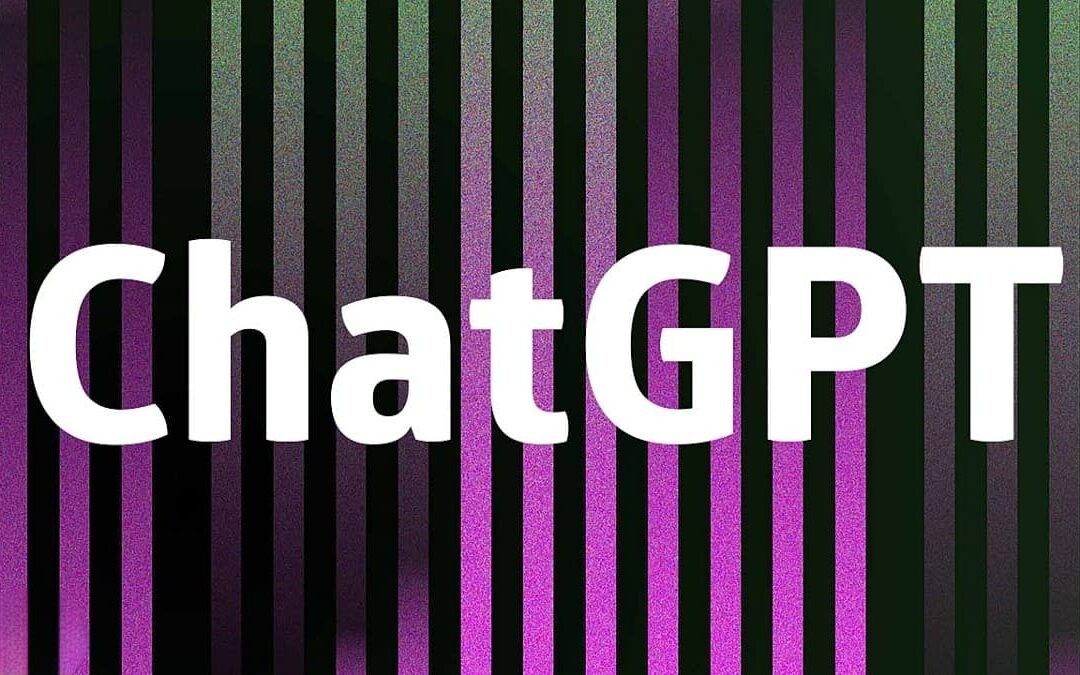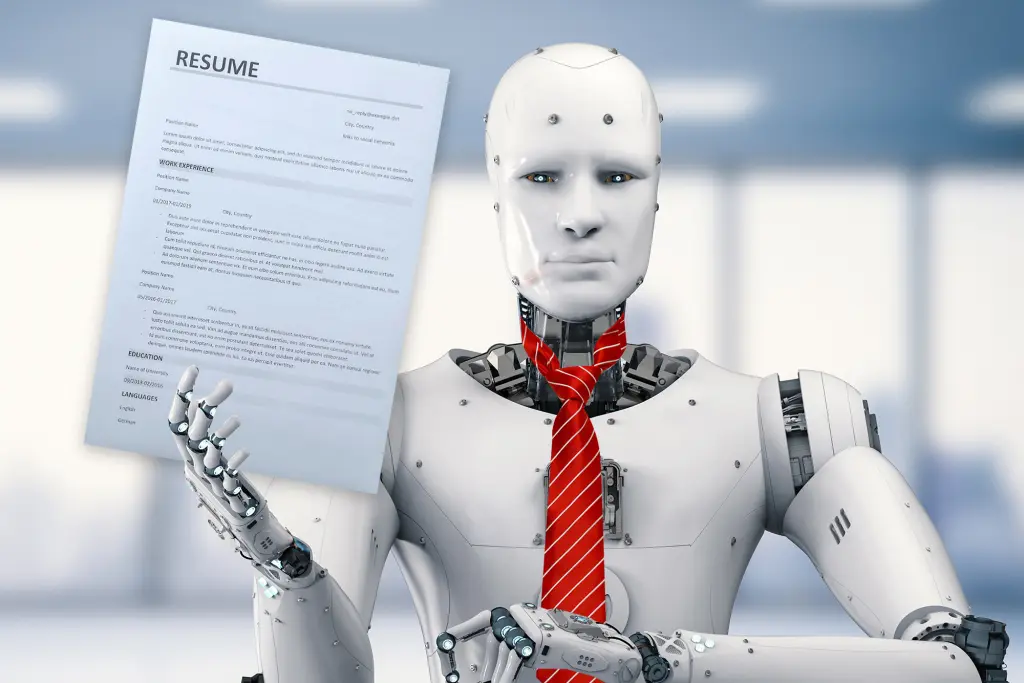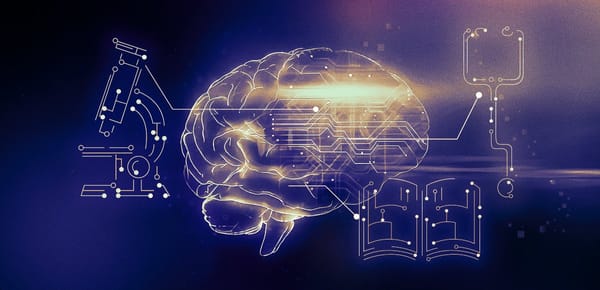Jobs That Could Be Replaced by ChatGPT
With their advanced natural language processing capabilities, they can efficiently handle tasks such as content creation, customer service, and data analysis, raising concerns about job displacement.

Introduction
The rapid advancement of artificial intelligence and ChatGPT in particular has opened up new possibilities and challenges in the job market. While technology has always been a driver of innovation and efficiency, it has also led to concerns about job displacement. In this blog, we will explore the jobs that could potentially be replaced by ChatGPT in the near future. It's important to note that while AI can automate certain tasks, humans will continue to play crucial roles in many industries, bringing creativity, empathy, and critical thinking that machines cannot replicate.
ChatGPT
ChatGPT is an impressive AI language model developed by OpenAI that has made a significant impact in various fields since its release. This advanced chatbot utilizes the power of natural language processing to engage in human-like conversations and perform a wide range of tasks. From generating creative content, answering questions, and assisting in writing, to even more complex roles like coding and data analysis, ChatGPT has demonstrated its versatility. While it has the potential to streamline and enhance many processes, it also raises questions about the future of work, as some jobs could be automated or augmented by AI. Nonetheless, ChatGPT serves as a remarkable example of the possibilities and challenges presented by artificial intelligence in our rapidly evolving technological landscape.
AI Reshaping the Work Landscape
The discussions surrounding the potential of AI and robots replacing human jobs have shifted from theoretical to tangible in recent years. Rapid advancements in AI technology and robotics have led to their integration into various industries and job sectors. Manufacturing, for instance, has seen a significant transformation with the introduction of robotic automation on factory floors. These machines can perform repetitive tasks with speed and precision, raising concerns about the displacement of human workers.

Moreover, the use of AI algorithms in financial markets has led to automated trading and portfolio management, challenging the roles of human financial analysts. While the extent of AI's impact on the job market varies across industries, it is clear that the automation and augmentation capabilities of AI and robots are reshaping the landscape of work, necessitating a reevaluation of workforce skills and the potential for humans to focus on higher-level, creative, and strategic tasks.
Similarly, AI technologies like ChatGPT are increasingly poised to replace human jobs. With their advanced natural language processing capabilities, they can efficiently handle tasks such as content creation, customer service, and data analysis, raising concerns about job displacement. As AI models continue to improve and adapt to new tasks, the impact on the workforce becomes more apparent.
So, let us take a look at the jobs that ChatGPT might replace in the near future or how these jobs limit the AI:
Computer Programmers
One profession that may face significant disruption is that of computer programmers. ChatGPT's ability to write code and correct errors makes it a potential threat to this field. While human programmers offer precision and creativity in their coding, ChatGPT can generate code quickly and efficiently. This raises questions about the future balance between human expertise and AI assistance in the world of software development.

Collaborative efforts, where humans write the code and use ChatGPT to check for errors, could be a promising approach to maintain a harmonious coexistence between human and AI skills.
Technical Writers
Technical writers are responsible for creating specialized content, often used for conveying important information in fields like technology and science. ChatGPT's ability to generate ideas and provide suggestions for technical writing could potentially replace some aspects of this job.

The speed at which AI can produce technical content is impressive, but the human touch in conveying complex technical information may still be required in certain contexts. Technical writers often bring a deep understanding of their subject matter and the ability to tailor their writing to a specific audience, which AI may struggle to replicate fully.
Data Analysts
Data analysts play a pivotal role in helping businesses make data-driven decisions. ChatGPT's ability to analyze data and generate insights quickly might challenge this profession.

AI can sift through vast datasets and identify patterns with remarkable speed, but human oversight remains crucial to interpret data accurately and make informed business strategies based on nuanced understanding. The human ability to ask the right questions and apply contextual knowledge to data analysis is an aspect that sets data analysts apart from machines.
Graphic Designers
The rise of AI-generated images, as demonstrated by tools like DALL-E, raises questions about the future of graphic designers. While AI can create visuals efficiently based on given prompts, human designers bring unique creativity and emotional intelligence to their work.

Graphic design often involves conveying messages and emotions through visuals, and this aspect of human touch remains a challenge for AI to replicate fully. The debate between efficiency and creativity will continue to shape the landscape of graphic design.
Copywriters/Email Writers
Copywriting and email writing are areas where ChatGPT has already made significant inroads. It can generate high-quality content and professional emails quickly, raising concerns about the job security of copywriters.

However, the element of originality, brand voice, and emotional nuance in writing still remains a challenge for AI. Creative writers may continue to have a place in crafting compelling content that resonates with human audiences, especially in marketing and branding where a personal touch is often crucial.
Legal Assistants
ChatGPT's ability to generate legal briefs and documents could potentially impact the work of legal assistants. AI can automate certain legal tasks, such as drafting documents, with remarkable efficiency.

However, the complex nature of legal cases and the need for human judgment, interpretation of laws, and negotiation skills may limit the complete replacement of legal professionals by chatbots. Legal cases often involve nuances and ethical considerations that require the expertise and experience of human lawyers.
Market Analysts
Market analysts are responsible for gathering and analyzing data to help companies make informed decisions about their products and strategies. Chatbots equipped with AI can collect and analyze market data, helping businesses identify trends and design marketing campaigns.

While AI can automate data collection and analysis, the human element in understanding consumer behavior, cultural nuances, and making strategic decisions based on insights remains vital. The collaboration between AI-driven data analysis and human expertise is likely to shape the future of market analysis.
Financial Advisors
Financial analysts and advisors rely on numerical data and market trends to provide financial guidance to individuals and businesses. AI can generate vast amounts of numeric data quickly and predict market trends with impressive accuracy. This has led to some companies preferring ChatGPT over humans for financial analysis, as it is a high-paying job, and AI can save a lot of money.

However, human financial advisors bring personalized insights, emotional intelligence, and the ability to understand individual financial goals and situations, which AI cannot replicate entirely.
Customer Service Agents
Chatbots are already handling customer service inquiries in many industries, and it's predicted that they will become the major channel for handling customer service jobs.

While chatbots excel at providing quick and simple answers, complex and empathetic interactions still require human intervention. The ability to understand the nuances of customer needs, show empathy, and provide personalized solutions is a realm where humans have the upper hand. The future may see a combination of chatbots and human agents working together to enhance customer support.
Proofreaders
AI-driven proofreading tools like Grammarly can correct spelling and grammar errors efficiently. However, they may struggle to understand the context and emotional nuances of the text.

Human proofreaders remain essential for ensuring the overall quality of written content. While AI can certainly assist in identifying and correcting errors, it is often human proofreaders who can provide valuable feedback on the structure, clarity, and tone of a piece of writing. The collaboration between AI-driven grammar checks and human proofreading expertise is likely to continue in the publishing and content creation industry.
Should we start worrying about jobs because of ChatGPT?
AI, including ChatGPT, has raised concerns about job displacement, but it's important to stay calm. AI has been in professional use for years and offers various benefits. Many can see AI as a tool for inspiration and improvement. However, the complete replacement of jobs is not happening yet. We can still appreciate the human touch in our work for now.
OpenAI's Research & Analysis on Job Impact
In a recent study by OpenAI, they explored the potential impact of AI, specifically large language models like ChatGPT, on various job roles. Their findings suggest that about 80% of the US workforce might see at least 10% of their tasks influenced by AI, with 19% facing potential impacts of up to 50%.
FAQs
What jobs might not be replaced by ChatGPT in the future?
Jobs like Politician, Teacher, CEO, Singer, HR manager, Surgeon, Spiritual figure, Athlete, Artist, Judge (court) might not be replaced by AI in the future.
How many people have used ChatGPT?
According to the latest available data, ChatGPT currently has over 100 million users.
Will ChatGPT replace Google?
No, ChatGPT is a language model developed by OpenAI, while Google is a search engine and technology company that offers a wide range of products and services. While ChatGPT can answer questions and provide information, it is not designed to replace Google.
Can ChatGPT replace project managers?
The tasks of a project manager are to handle a team and project management, along with that they also assign tasks and help the teammates to complete the work. But ChatGPT cannot do any of these things, it can only do the assigned work. Hence, ChatGPT cannot overtake the project managers’ jobs in the near future.
Conclusion
The integration of ChatGPT and AI into various industries raises questions about the future of certain jobs. While automation and efficiency are valuable, humans bring creativity, empathy, and critical thinking to their work. The potential for collaboration between humans and AI is an exciting avenue to explore. In the coming years, finding the right balance between technology and human expertise will be crucial to ensure that jobs are not entirely replaced but rather augmented by the capabilities of AI. It's important to remember that while AI can automate tasks, it cannot replace the essence of human ingenuity and adaptability in the workforce. The future of work may well be a harmonious partnership between humans and intelligent machines.





